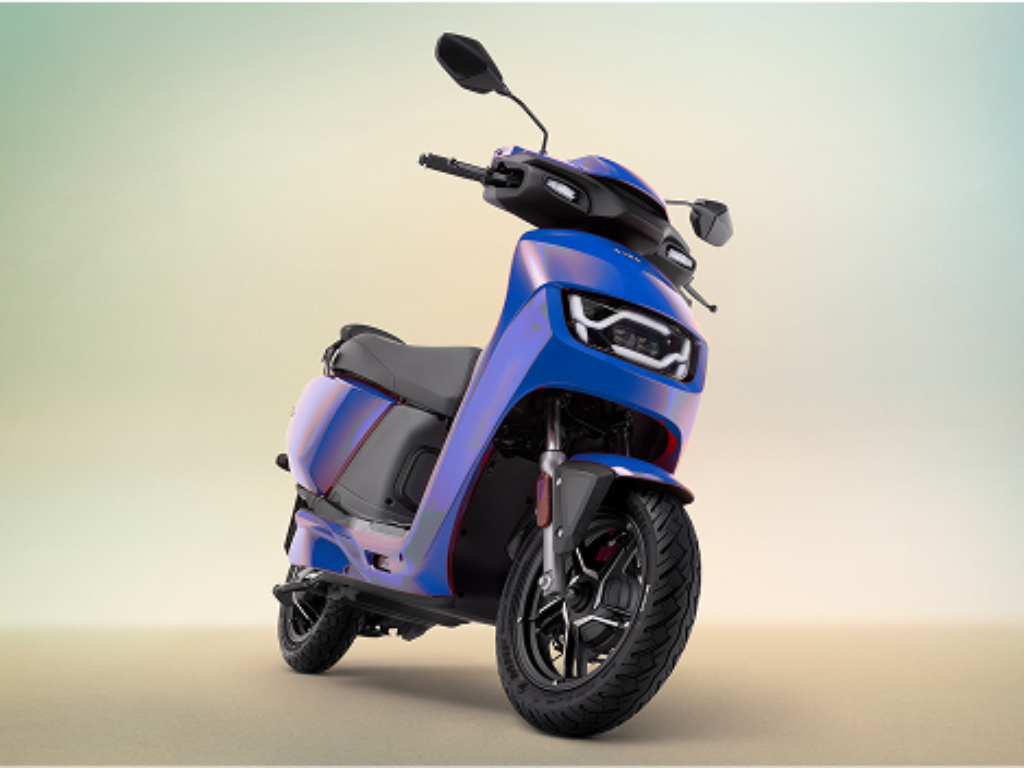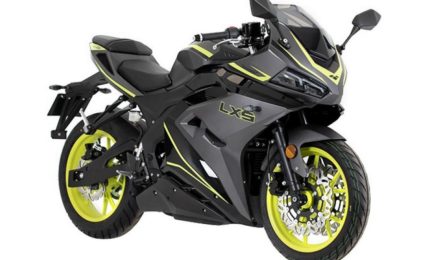
Electric Two Wheeler Manufacturers Penalised For Violating FAME 2 Subsidy Norms
The Indian government has penalised several electric two-wheeler manufacturers for violating FAME-II subsidy norms. They revealed that the manufacturers claimed subsidies using non-local parts. These violations contradict the scheme’s mandate for 50% localised component sourcing.
Companies like Hero Electric, Okinawa, and Benling are facing legal action and subsidy recovery demands. The Serious Fraud Investigation Office (SFIO) conducted raids and uncovered forged documents. A total of Rs. 469 crore in subsidies is now under dispute.
It is important to mention that companies like Revolt, Greaves, and AMO Mobility have returned a sum of Rs. 170 crore to the government.
Sales Collapse
As a result, sales of non-compliant brands have plummeted sharply. Okinawa’s registrations fell from over 31,000 in 2023 to only 1,422 in 2025. Hero Electric’s figures dropped from nearly 30,000 in 2023 to just 382 this year.
Other smaller players like AMO Mobility and Benling India sold fewer than 100 vehicles this year. These companies are struggling without subsidies and rising operational costs. Some companies are considering filing for bankruptcy due to mounting financial pressure.
Increase In Market Share For Other Brands
Meanwhile, larger compliant companies have gained market share and momentum. TVS, Bajaj, Ather, and Ola are seeing consistent sales growth. They benefit from continued subsidy access and government approval.
Industry analysts believe that this crackdown is reshaping India’s electric two-wheeler landscape. Compliance now determines market viability and consumer trust. The government’s strict enforcement is seen as a push for genuine localisation.
Several penalised OEMs have requested intervention from the Prime Minister’s Office. They want a chance to repay subsidies without bankruptcy. The Society of Manufacturers of Electric Vehicles has proposed a compromise solution.
Greaves (Ampere) has returned subsidies and resumed sales through the NAB portal. Their recovery indicates that compliance can restore market access. Other OEMs may follow similar paths to survive.
Hero Electric is now in insolvency proceedings over unpaid subsidy claims. The government has classified its dues as operational debts. This action sets a precedent for dealing with future violations.
New FAME-3 Scheme
The government is already underway with preparations for the upcoming FAME-3 scheme. It aims to tighten compliance and enforce localisation more effectively. This may further consolidate the electric vehicle market.
The subsidy violations and penalties mark a turning point for the EV sector. Companies must now align rapid growth with regulatory integrity. Compliant, locally-focused brands are likely to thrive ahead.





